With the end of the year almost in sight, people would be forgiven for focusing on Christmas. This November, however, felt very different. A 0.25% cut to the Bank of England base rate at the start of the month set a positive tone.
Buyers in England and Northern Ireland have added impetus to get moving. Many will encounter more costly stamp duty bills from the 1st April 2025, with pressure to find a new home, exchange and complete by 31stMarch.
New sellers & sales increase in numbers
The desire to move is already being reflected in the data. Rightmove’s November House Price Index revealed the number of new sellers coming to market now, compared to 12 months ago, was 6% higher. Additionally, the number of sales has increased by 26% when compared to the same point in time last year.
Chain-free homes present choice
Of the properties that are new to market, many are thought to be coming from the lettings sector. That’s the thinking over at Zoopla, who said 32% of the homes for sale across its platform are chain free. The emergence of available one-and two-bedroom homes is thought to stem from landlords who are selling up with vacant possession.
While some news stories will have you believe every private landlord is heading for the exit, there is evidence to suggest many property investors are holding firm. In fact, a set of survey results revealed quite the opposite. An emerging trend appears to be ‘larger volumes, lower value’.
The future direction was found when Inventory Base analysed UK landlord trends. Rather than reducing their buy-to-let portfolios, landlords were growing the number of properties they owned but were making cheaper purchases.
To illustrate, the average landlord’s portfolio size in Q2 2024 was 7.6 properties – up from 7.2 properties in Q1 2024. In reverse, the average property value in Q2 2024 was £223,684 – down from £250,000 in Q1 2024. It’s thought buoyant rents are helping to balance the books.
Rent values still refuse to stabilise and although there have been some fluctuations, the overall trend has been up. Despite giddy annual inflation of 12% being a thing of the past, HomeLet’s most recent report found rent values in the UK have increased 3.4% in the year to date. As a result, yields have held firm.
Attractive buy-to-let yields
Paragon Bank set out to quantify what the average yield was. The latest available data showed an average buy-to-let yield of 6.72% in September 2024 – a figure that’s been rising since 2022. Landlords with houses in multiple occupation (HMOs) fared best, with an average yield of 8.34%. Freehold blocks returned 6.66%, with flats and terraced houses achieving 6.02% and 5.94%, respectively.
One place where yields may change is in Scotland. A stage 2 amendment is being made to the Housing Bill, affecting rent increases in rent control areas. It is proposed that landlords should be able to raise rents in controlled areas between CPI (Consumer Price Index) + 1% and CPI + 6%.
Wood-burning stoves ban dropped in Scotland
Staying in Scotland and the Government has made another property amendment. Its New Build Heat Standard has been altered to allow ‘the installation of bioenergy and peat main heating systems - and any type of secondary heating systems’. Previously, the Government had wanted to ban wood-burning stoves in new builds and conversions.
The Labour Government in England also addressed home heating in November. Its Future Homes Standard will almost certainly include the proposal to ban gas fired boilers in all new homes by 2027. Instead, non-gas and electric alternatives will become mandatory in a much earlier timeframe than expected.
If you would like to know more about your local property market, please get in touch.




